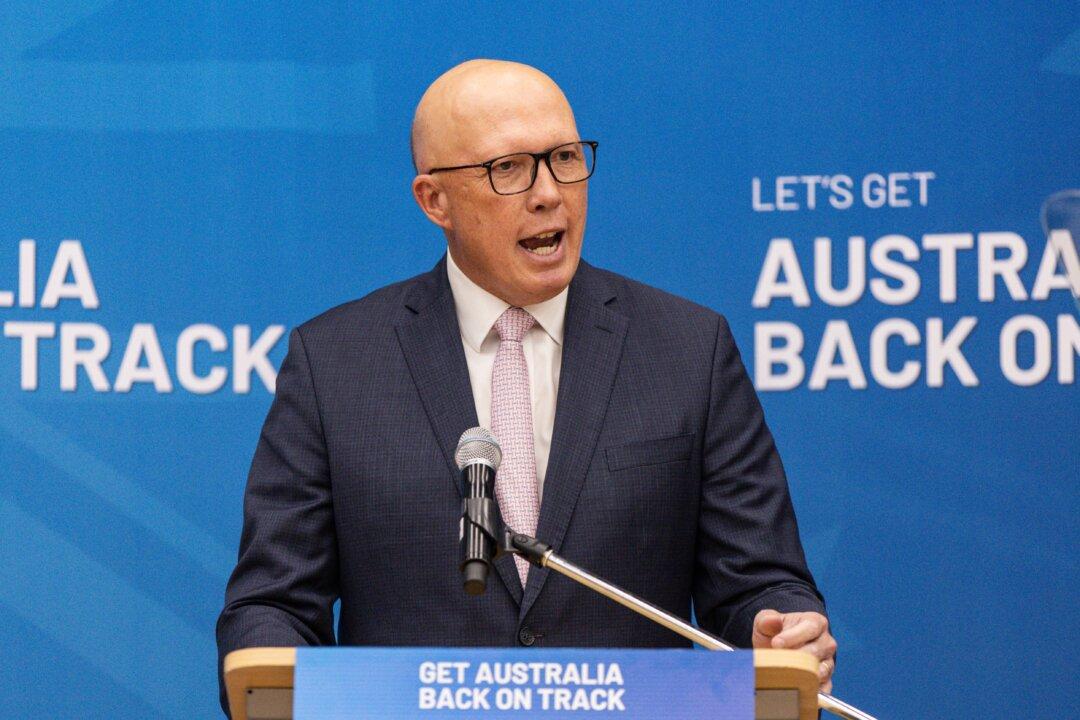After saying it would slash the number of federal public servants by 41,000 through forced redundancies and would make those remaining go back to working in the office five days a week, the Coalition has dropped both policies.
Opposition Leader Peter Dutton was leading the morning media rounds on April 7, to not only announce the backflip, but also apologise for ever having suggested the idea.





